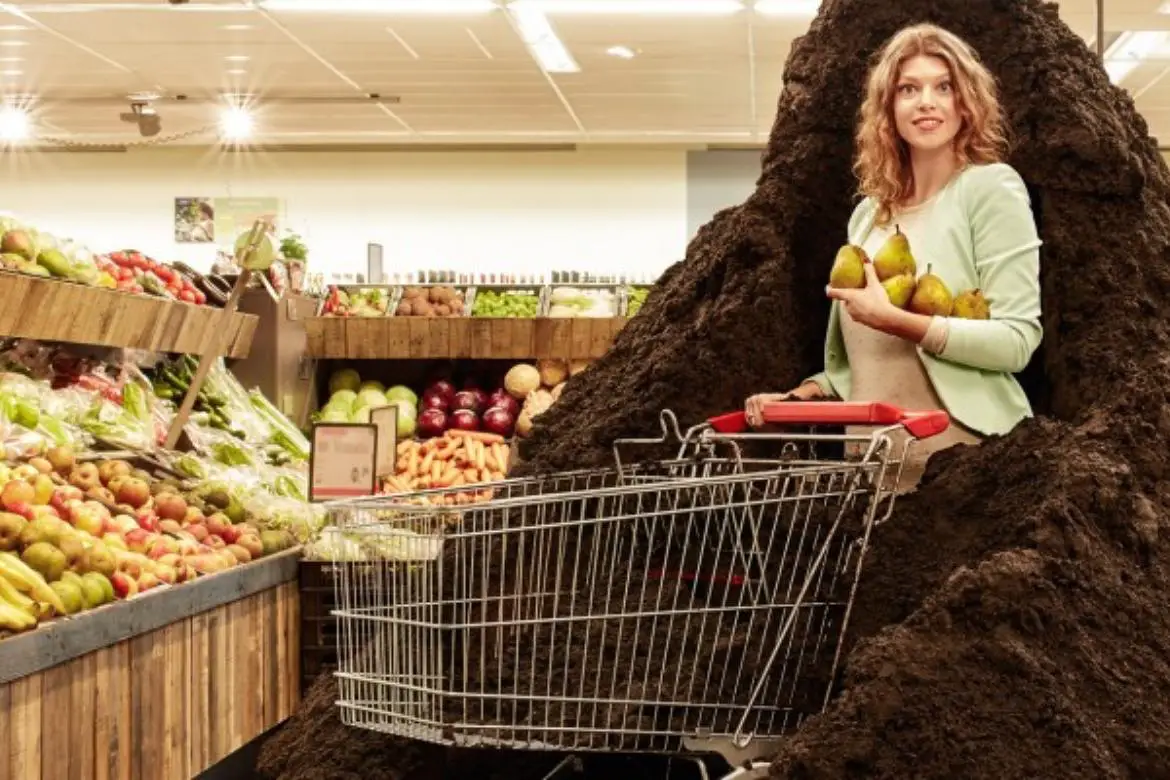Netherlands-based Eosta applauds the EU Parliament for embracing True Cost Accounting and says it’s essential to pushing for global action now.
In response to the EU Parliament’s request for inclusion of True Cost Accounting in the Green Deal’s Farm to Fork food strategy, Dutch organics supplier Eosta has welcomed the move.
Volkert Engelsman, the CEO of Eosta, has long favored tax hikes on meat and soft drinks, as well as 0% VAT on fruits and vegetables.
“We may call this a breakthrough,” Eosta responded, suggesting that now was the time to move on to the rest of the world.
“On September 23, the UN Food Systems Summit will take place in New York, where the future of sustainable food production after Corona will be discussed,” Eosta stated. “A global coalition, which Eosta has been involved in from the start, is calling on the UN in a letter to put True Cost Accounting high on the agenda. The letter asks to identify the hidden costs of food production to health, environment and society and take appropriate fiscal measures.”
According to the letter: “Our organisations, which collectively represent multiple sectors, governments, advocates, investors, CSOs, and individual producers worldwide believe that to bring about the change we must fundamentally redefine how we measure the real cost of our food.”
“The UN Food Systems Summit (UNFSS) process must commit to measuring the true costs of food, and embrace a measurable systems approach with transparency and integrity.”
As the result of the UNFSS, the letter calls for a full and unequivocal commitment to True Cost Accounting and the redefining of the value of food.
“Food systems transformation is the most sweeping, and perhaps boldest way to deliver on the SDGs,” asserts the letter. “This is the decade of delivery — food systems transformation is the way to integrate, align, and cohere across issues that are inextricably linked.”
“We seek a systems approach in action, not just words, that recognises the environmental, social and health impacts of food systems policies and practices, and use this understanding to inform decision-making. This is the time to step away from old ways of working, break from the damaging status quo and build critical mass around a vision of food systems that are renewable, healthy, equitable, resilient, diverse, inclusive and interconnected.”
Over 400 multinational corporations and over 30 philanthropies have committed to using true value approaches, according to reports.
With G7 countries committing to take true cost into account, the letter argues that the current environment is ripe for change, but it could also have positive effects on the economy and quality of life.
“It is estimated that if allocated correctly, public and private sector investments in healthy and sustainable food systems could cultivate an estimated US$4.5tr yearly in sustainable business opportunities by 2030,” according to the report.
“A system that measures the true costs and value of food systems creates a race to the top, where all competitors are measured by the same rules. In 2021 if an industry is causing harm to the environment or public health, that calls for change — not for delaying or deferring progress.”

